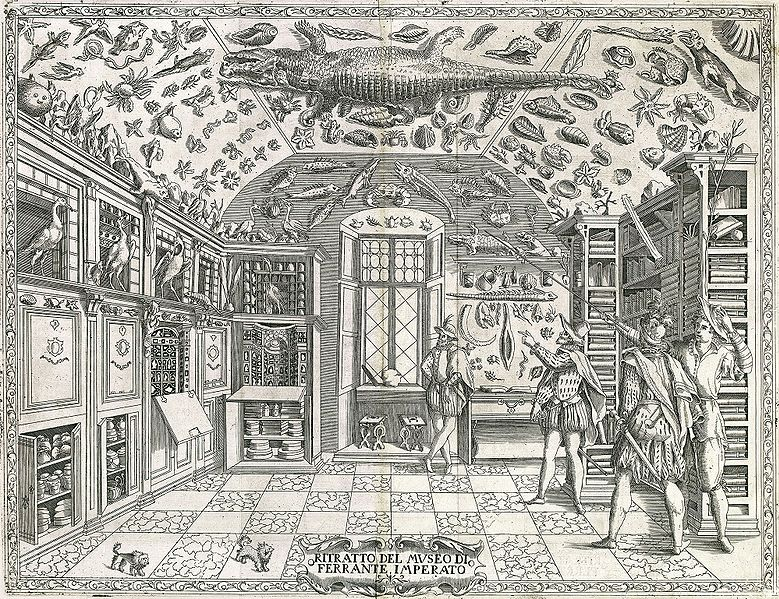Research question: ‘In what ways is the Covid-19 pandemic changing understandings of the relationships between learning and fun?’
A limited case study of a research group in a UK university. We expect our findings to have implications beyond that group.
Data collection using epistolary interviews (via email – one question per email, enabling thoughtful responses that can build over time) with everyone in the research group who wants to take part. Participation is voluntary and participants can drop out at any time.
Questions for epistolary interviews:
- What have been your main experiences of learning and teaching during the Covid-19 pandemic?
- What have been your main experiences of fun during the Covid-19 pandemic?
- How has learning and teaching changed (if at all) during the Covid-19 pandemic? In your answer, please take into account your own perspective and the wider perspective.
- How have you experienced fun changing (if at all) during the Covid-19 pandemic? In your answer, please take into account your own perspective and the wider perspective.
- How has your understanding of the relationship between fun and learning/teaching changed (if at all) during the Covid-19 pandemic?
- In what ways (if any) do you think the relationship between learning and fun will change after the Covid-19 pandemic?
Method:
According to Yin (who I like following for case study research because he has a clear structure to work to) there are five important components of case study design.
- Five components of a case-study research design are particularly important
- Its questions (see above)
- Its propositions, if any (Prop 1- there is a relationship between learning and fun. Prop 2 – this relationship will be highlighted during the pandemic Prop 3- this relationship may be changed by the pandemic and some of these changes can be foreseen)
- Its unit(s) of analysis (individual members of the research group)
- The logic linking the data to the propositions (data are collected from people who have reflected on the relationship between learning and fun and who have thought deeply by what is meant by fun and by learning. Also we engage in fun and learning. Also we are influenced by the pandemic)
- The criteria for interpreting the findings (thematic analysis to support explanation building, themes drawn from the data but also compared with existing frameworks of fun that were covered in our frameworks of fun paper. Interpretations are originally drawn together by one or two of us but are checked against the understandings of all participants. This is a reflexive case study and this phase of comparing understandings will enrich the analysis)

